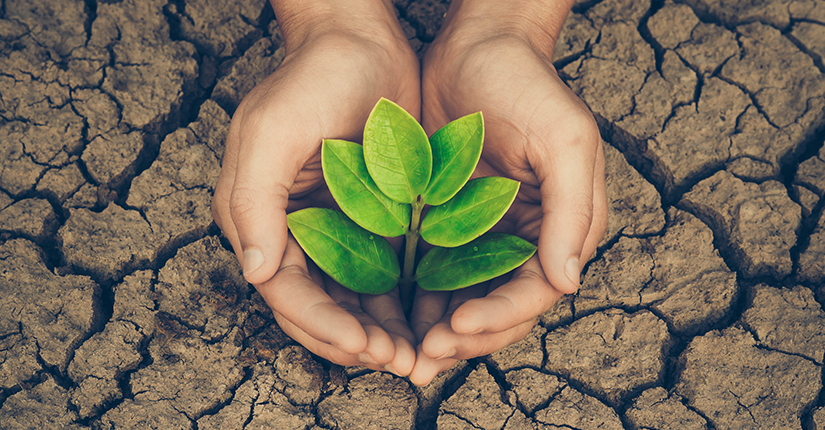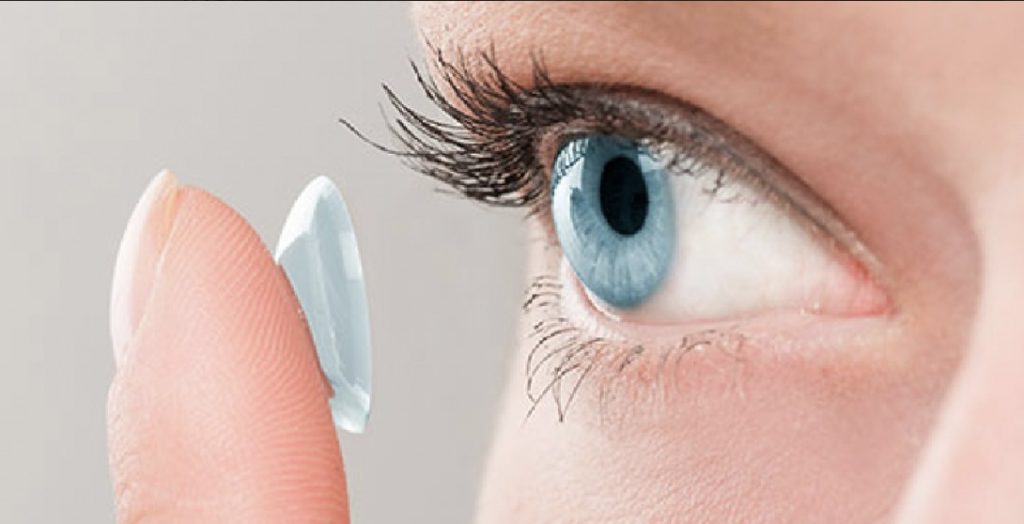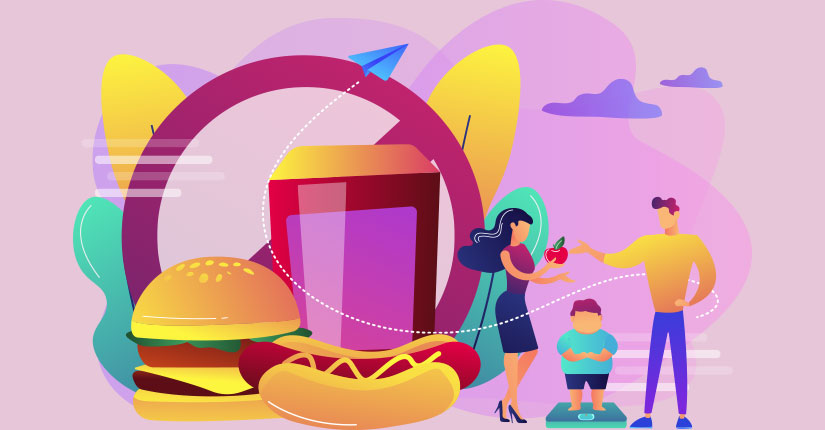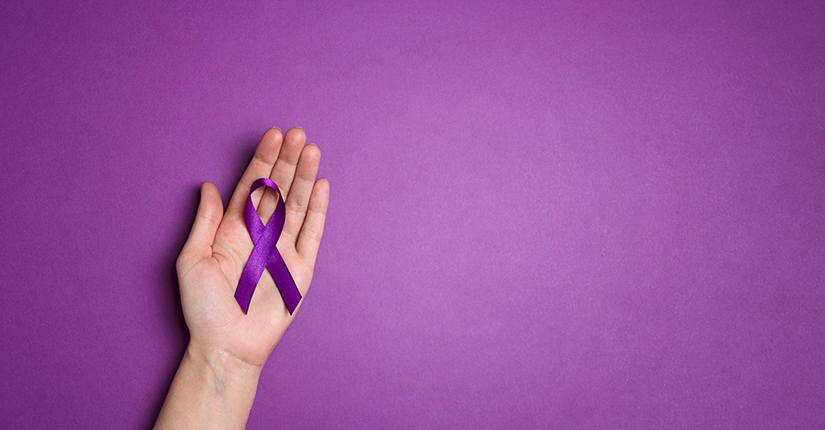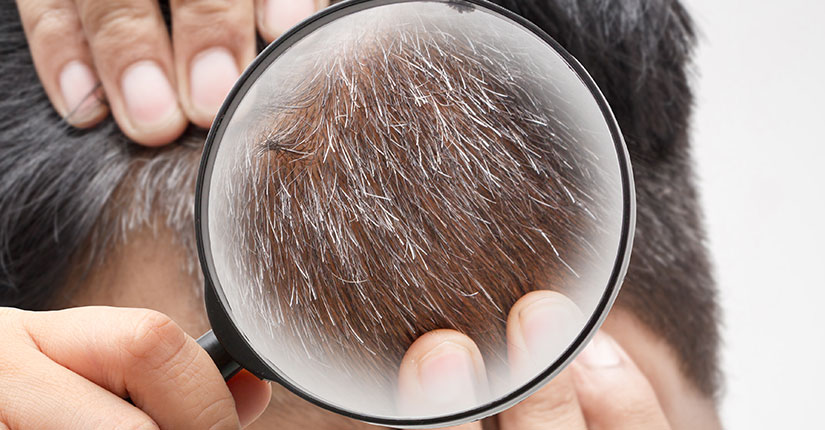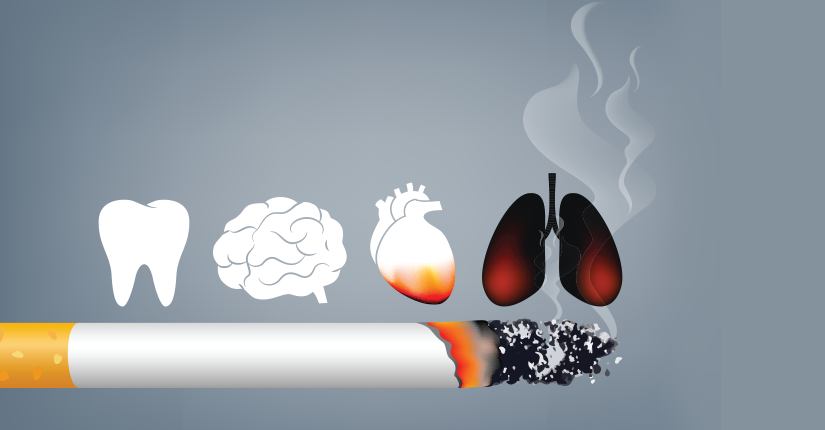Drinking Too Much Water Can Lead to Harmful Side Effects
By: Admin Date: 28-Sep 2020 Reading Time: 5 Mins
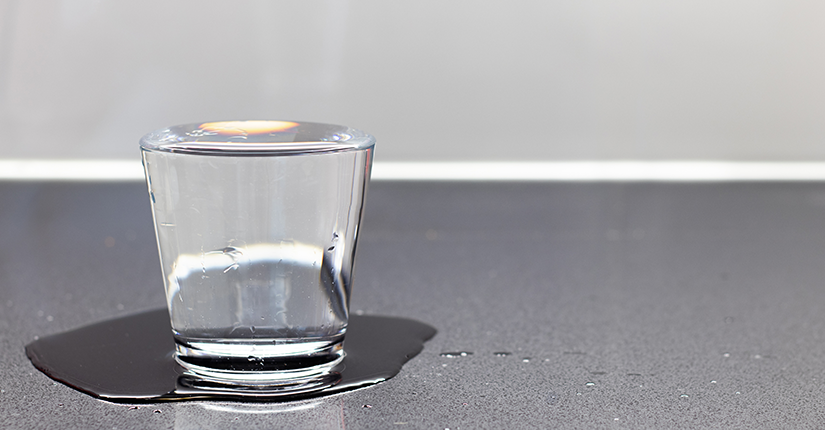
The importance of having enough water in the day has been stressed enough. Be it the Bollywood celebrities, or the doctors- benefit of drinking 2-3 liters of water has been vouched for factual reasons. But, do you know if you have more water than what’s asked by your body, you are at a startling risk of having water intoxication. Read more to find out what are the harmful side effects of overhydration.
What is overhydration?
Water is essential for smooth bodily functions. When you have adequate amounts of water, you prevent constipation, flush out waste products, regulate temperature, and let all your major body systems perform better. But, when you out of caution drink more water, it can be dangerous. Overhydration can lead to water intoxication. Hyponatremia is a condition which happens when the amount of salt and other electrolytes in your body become too diluted. This condition though is not largely prevalent but can be fatal.
The types of overhydration:
- Increased water intake:
When you have excessive water than what your kidneys can eliminate from the urine. This can cause too much water retention in your bloodstream.
- Retaining water:
Several medical conditions can have your body retain water like congestive heart failure (CHF), liver disease, kidney problems, or uncontrolled diabetes. It is dangerous because the balance between water and sodium in the blood is at stake.
What causes overhydration?
Drinking too much water without having a way to eliminate it, can cause water levels to build up. It is essential to drink water only when you are thirsty. The amount of fluid that one should take also depends on the levels of physical activities, age, sex, weather, any underlying illness, extreme heat situations, or fever.
Urine is the biggest indicator of the water levels of hydration in your body. So, dark-coloured urine means you are dehydrated and colourless urine means you are overhydrated. Pale yellow is what you should aim at.
- What are the symptoms and effects?
- Excess water can lead to lower sodium levels in the body, which may cause nausea, vomiting, cramps, or fatigue.
- When you are suffering from a headache, it can be either an indication of under-hydration or overhydration. Furthermore, too much water reduces the salt consumption in your blood, causing the cells in the organs throughout your body to swell.
- The kidneys filter the water that you drink through your body while making sure the fluid levels in your bloodstream are balanced. With too much fluid intake, the kidneys may have to work even harder, creating a stressful reaction from your hormones that leave your body and you stressed and tired.
- It may also cause the depletion of potassium, an essential nutrient. This may cause leg pain, irritability, or chest pain.
Over to you.
When you drink a lot of water or more than what’s asked by your body, you tend to also urinate more which causes failure for your body to absorb the fluid. In warmer climates or extreme heat conditions, it is however essential to stay well hydrated. So, let your thirst be the deciding factor when trying to find a balance. Because in the end, too much of anything is good for nothing.


